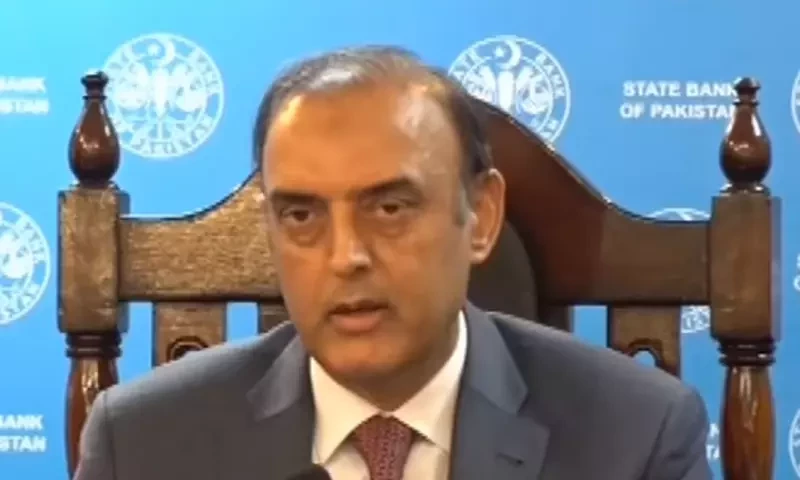In recent developments, Israeli forces have launched the second phase of their ground operations in Gaza, deploying fresh troops and armored vehicles in a bid to quell the activities of Hamas. This move comes amid the escalation of ground operations, raising concerns and questions about the ongoing conflict in the region.
The Escalation of Ground Operations
Israeli Prime Minister Benjamin Netanyahu recently announced the commencement of the second phase of the war against Hamas. This announcement came as the death toll in Gaza reached a grim milestone, with more than 8,000 lives lost. The situation in Gaza had become increasingly dire as residents faced a communications blackout due to continuous air strikes from Tel Aviv.
A Pledge for a Long and Hard War
In a speech to his people, Prime Minister Netanyahu emphasized the need for preparedness for what he termed a “long and hard war.” He vowed to spare no effort in securing the release of hostages held by Palestinian fighters. Netanyahu, who leads the Likud party, made it clear that this was just the beginning and that Israel was committed to eliminating its enemies both above and below ground.
International Support
Israeli forces received support from their western allies, who affirmed their backing for Tel Aviv’s right to self-defense. This support has enabled the relentless attacks on Gaza, which have unfortunately resulted in the loss of numerous civilian lives. As the death toll surpasses 8,000, a humanitarian crisis looms large over the region.
READ MORE: China’s Foreign Minister Wang Yi Talks Tough on Road to the San Francisco Summit
The Origins of the Conflict
The recent hostilities began on October 7 when Hamas initiated “Operation Al-Aqsa Flood.” This operation involved the firing of thousands of rockets and infiltrations into Israel. According to Palestinian militia, this incursion was a response to the storming of the Al-Aqsa Mosque and the increasing violence by Israel. In retaliation, Israel continued its bombardment of Hamas targets in the Gaza Strip, leading to a protracted and devastating conflict.
Conclusion
The situation in Gaza remains a cause for concern, with the conflict showing no signs of abating. The second phase of the ground operations initiated by Israeli forces has raised questions about the long-term impact of this ongoing conflict on the region.




